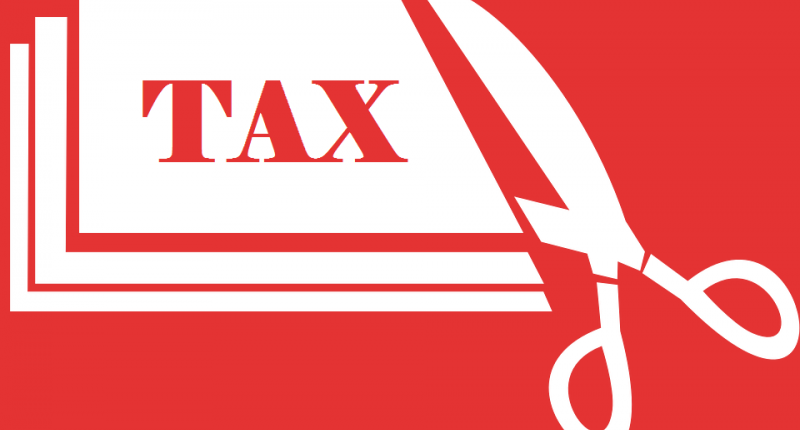The last advance tax instalment for FY 2021-22 is due on 15th March 2022. The advance tax payment helps you stay a step ahead of your tax liabilities so that you are not left worrying about how much you owe to the income tax department. Also, you can save yourself from paying penalties for not paying taxes in advance.
Who should pay advance tax?
Advance tax liability arises when your total estimated income tax liability is Rs 10,000 or more during the year. For example, you run a medical store being a sole proprietor. As per your estimation, the total turnover of the medical store will be Rs 40 lakh for the financial year 2021-22, and the estimated net profit is Rs 6 lakh. Calculate the income tax liability after reducing the TDS and TCS. If the tax payable is more than Rs 10,000, you need to pay the same in advance.
Exception: A senior citizen of 60 years of age or more is not liable to pay advance tax if they do not have any income from business or profession. They can directly pay self-assessment tax by the due date of filing an income tax return, which is 31st July of the assessment year (unless extended).
When to pay advance tax?
Advance tax means paying tax as you earn your income. The total income tax liability should be paid in instalments on the specified due dates throughout the year. According to the law, individuals need to pay 15%, 45%, 75%, and 100% of advance tax by 15th June, 15th September, 15th December, and 15th March. If there is any shortfall in payment of the advance tax instalments, you can clear the dues in the next instalment. Therefore, if no advance tax is paid for FY 2021-22, you can pay the dues by 15th March. The taxpayer who opts for a presumptive taxation scheme has the facility to pay all the advance tax liability by 15th March.
If you have income from dividends or capital gains, the advance tax on such income should be paid in instalments that are falling due after such income is accrued.
If you miss the advance tax due date, you have to pay interest for the delay made.
What happens if advance tax is not paid?
If you don’t pay advance tax, you can still pay tax, but instead of “advance tax”, the type of tax will be called “self-assessment tax”. Also, you have to pay the interest along with the self-assessment tax.
Two types of interest need to be paid for short-payment or failure to pay advance tax:-
- For each delay or short payment in advance tax instalment, 1% interest per month is levied. The interest needs to be paid from the individual cut-off dates till the date of payment of the outstanding liability. For example, if there is a shortfall in payment of 1st of advance tax instalment, the interest at 1% should be calculated on the advance tax shortly paid for each month till the next cut-off date. In addition, interest at 1% for one month will be payable if you pay advance tax after 15th March but before 31st March.
- Any tax paid before 31st March of the financial year will be treated as advance tax. But suppose you fail or pay less advance tax liability before 31st March. In that case, additional interest needs to be paid at 1% for each month or part of the month for outstanding advance tax (i.e. tax outstanding after 31st March of the financial year) starting from 1st April of the assessment year till the payment of self-assessment tax. No such interest is required to be paid if the shortfall in advance tax is less than 10% of the total income tax liability.
What if you pay excess tax?
If you pay an excessive amount of advance tax or by TDS for the financial year compared to your actual tax liability, you can claim a refund for the same by filing your income tax return. This is the only way to claim a refund of excess tax paid.
How to pay advance tax?
You can pay advance tax online through the tin-nsdl platform. Under the non-TDS section, you can fill the challan no.280 with all the relevant details and proceed to pay the tax via debit card or net banking facility of the selected bank where your account is maintained.
You can also deposit advance tax to the government by physical mode via banks authorised to collect such tax.
For any clarifications/feedback on the topic, don’t hesitate to contact the writer at namita.shah@cleartax.in.

I’m a chartered accountant and a functional CA writer by profession. Reading and travelling in free time enhances my creativity in work. I enjoy exploring my creative side, and so I keep myself engaged in learning new skills.





